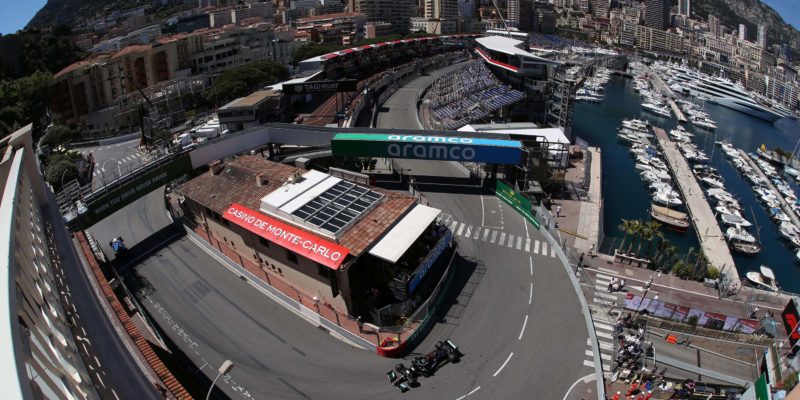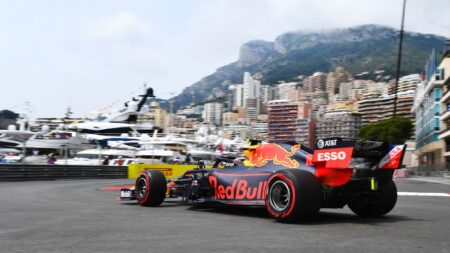“Monaco always stood for the most glamorous part of Formula 1,” he said. “I think Miami, Singapore, Las Vegas are starting to add some pretty glamorous markets. I think Monaco needs to come up to the same commercial terms as other grands prix and also maybe needs to work with ways they can adapt their track because as our cars have become bigger, the racing has become more difficult.
“I’d much rather have Monaco than not… but just like the sport is bigger than any one driver or team, I think it’s bigger than any one grand prix.”
Under Formula 1’s current commercial rights deal, teams earn a share of F1’s revenue, which means that it is in their interests for circuits to pay more.
The announcement of a third race in America, a ten-year contract for the new Qatar Grand Prix, and the expected return of the Chinese Grand Prix next year has led to growing speculation that traditional races will be dropped from the championship.
Last week Stefano Domenicali, F1’s CEO, said that there was enough demand from circuits around the world to host 30 F1 races a year. In the Reuters interview, Brown suggests that this could be met with a two-tier calendar, featuring permanent venues that are visited each year and a B-group, which rotate, holding races every other year.


